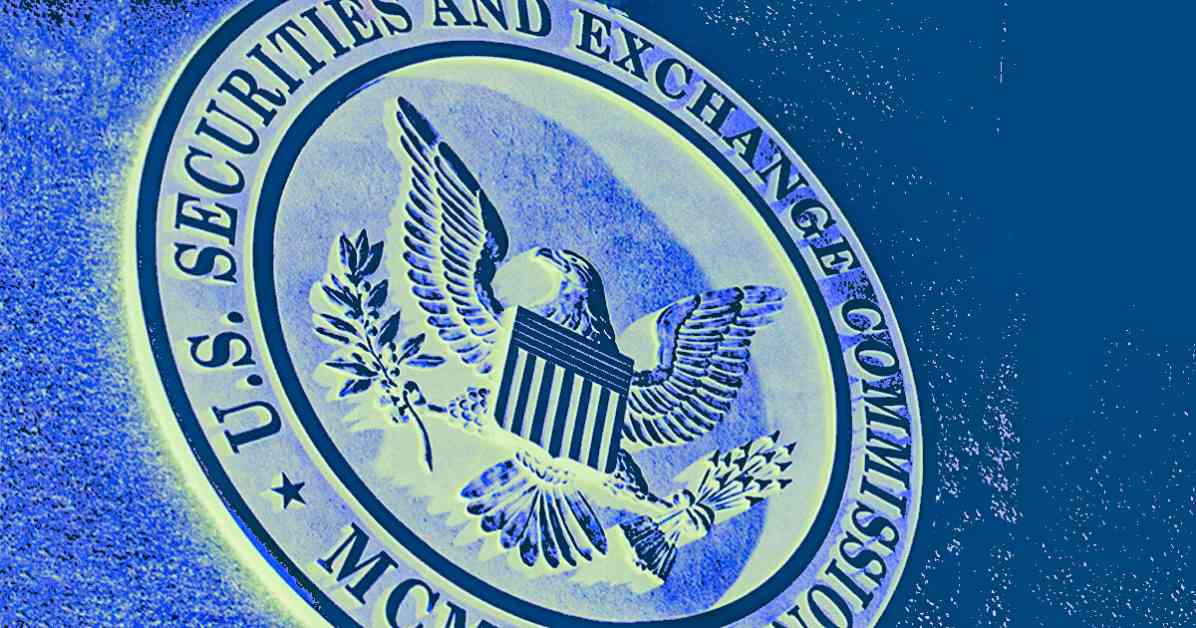SEC Commissioners Debate on the Necessity of Securities Laws for NFTs
In a recent case involving the Flyfish Club non-fungible token (NFT) collection, SEC Commissioners Hester M. Peirce and Mark T. Uyeda have sparked a debate on whether securities laws are necessary for NFTs. The commissioners criticized the regulator’s enforcement action against Flyfish Club, arguing that securities laws are not applicable in this particular case.
Flyfish Club, a dining establishment, sold NFTs as exclusive access to a future restaurant and bar. The club created around 3,000 NFTs and sold over half of them at varying prices, raising a total of $14.8 million. Additionally, the club earned $2.7 million in secondary sale royalties. However, the SEC charged Flyfish Club with conducting an unregistered offering of crypto asset securities in the form of NFTs, resulting in a $750,000 civil penalty and a commitment to comply with a cease-and-desist order.
Peirce and Uyeda argue that the NFTs sold by Flyfish Club are utility tokens, not securities. They believe that the Howey Test, typically used to determine if an asset is a security, is not applicable to Flyfish NFTs. According to the commissioners, the holders of these NFTs had reasonable expectations of obtaining “wonderful culinary experiences” and other exclusive membership perks related to Flyfish, rather than solely seeking profits.
The commissioners expressed concerns that applying securities laws to this case could have negative implications for both the present situation and future precedents. They called for the SEC to provide guidance to non-securities NFT creators, allowing for experimentation without legal uncertainty.
SEC Threatens NFT Marketplace OpenSea
In another move that has raised eyebrows in the NFT community, the SEC recently issued a Wells Notice to the NFT marketplace OpenSea on allegations of offering securities on its platform. This notice serves as a warning to the company, indicating that an enforcement action may follow if OpenSea does not comply and cease its operations deemed irregular.
Devin Finzer, CEO of OpenSea, responded to the SEC’s actions by stating that the regulator’s move could negatively impact creators and artists. He vowed that the company would “stand up and fight” against the allegations. In support of OpenSea and other affected parties, the Coinbase-backed organization Stand With Crypto Alliance launched the Creator Defense Fund, a $6 million fund aimed at protecting artists impacted by SEC enforcement actions.
The debate surrounding securities laws and NFTs continues to evolve as regulators and industry players clash over the classification of these digital assets. While some argue that securities laws are necessary to protect investors and maintain market integrity, others believe that applying such laws to NFTs stifles innovation and creativity in the space.
As the NFT market continues to grow and evolve, it is essential for regulators and industry participants to find common ground on how to approach these unique digital assets. The outcome of the Flyfish Club case and the SEC’s actions against OpenSea could set important precedents for the future regulation of NFTs and their role in the broader financial landscape.














